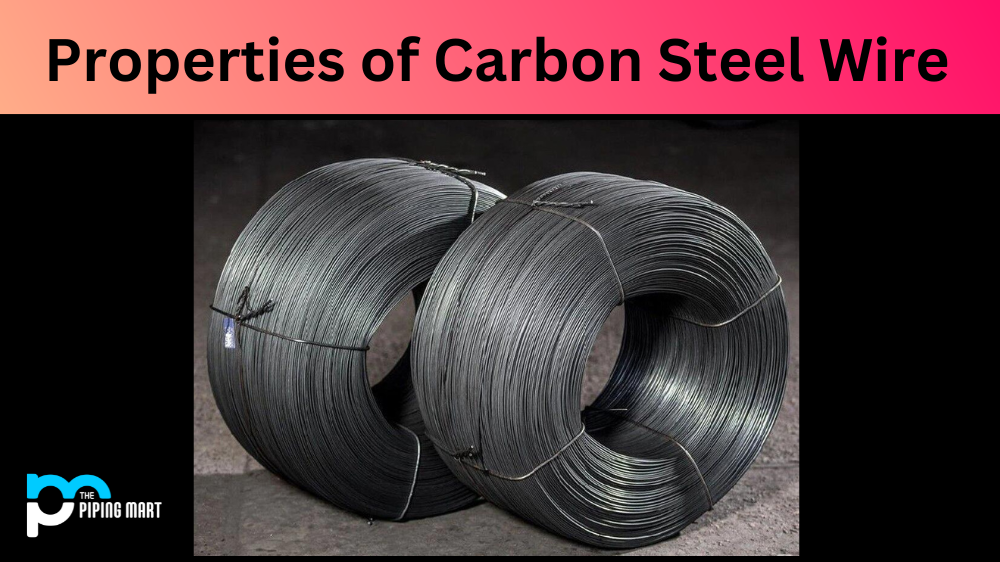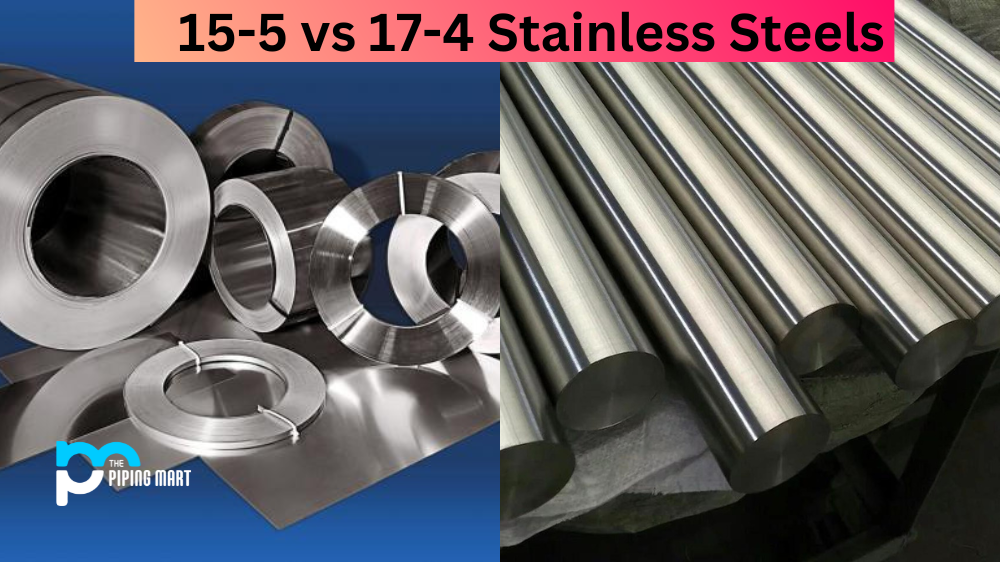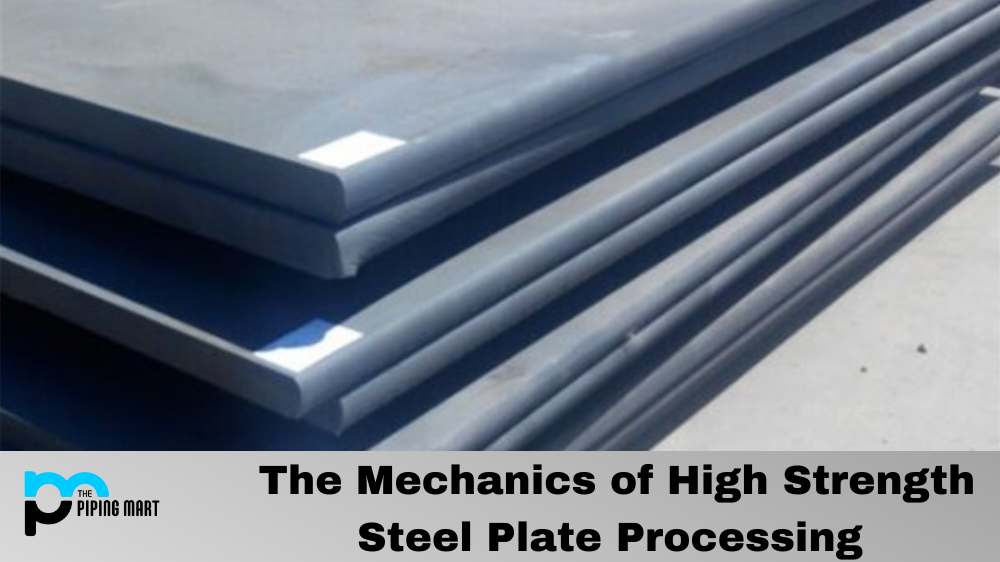For engineers and metal workers, understanding the properties of carbon steel wire is essential for producing high-quality products. As one of the most commonly used metals, carbon steel wire offers a combination of strength, ductility, and affordability. In this blog post, we will discuss the various characteristics that make carbon steel wire such a versatile material.
Chemical Composition
Carbon steel wire is composed primarily of iron with low levels of other elements like carbon and manganese. The amount of carbon present in the metal can vary between 0.5%-2%, while manganese content ranges from 0.4%-1.4%. This variation in composition gives carbon steel its unique properties that are suitable for use in a variety of applications.
Mechanical Properties
The mechanical properties of carbon steel are determined by its chemical composition and heat treatment process. The tensile strength and yield strength depend on the amount of carbon present in the alloy; higher levels lead to higher strengths with greater tolerance for stress concentrations. Additionally, the thermal expansion coefficient for carbon steel is relatively low compared to other materials making it ideal for use in applications where temperature changes are frequent or extreme temperatures are encountered.
Ductility
One of the most important mechanical properties of carbon steel wire is its ductility. Ductility is a measure of a material’s ability to deform under tensile stress. Carbon steel wire is very ductile, meaning that it can be drawn into thin wires without breaking. This property is essential for many applications, such as in the production of electrical cables and wire mesh.
Tensile Strength
Another important mechanical property of carbon steel wire is its tensile strength. Tensile strength is a measure of a material’s ability to withstand being stretched or pulled without breaking. Carbon steel wire has a very high tensile strength, making it ideal for applications where high levels of tension are present, such as in guy wires or suspension bridges.
Elasticity
Carbon steel wire also has a high degree of elasticity. Elasticity is a measure of a material’s ability to return to its original shape after being deformed. Carbon steel wire is able to return to its original shape after being stretched or pulled, making it ideal for applications where repeated loading is present, such as in springs or shock absorbers.
High Temperature Strength
Carbon steel wire also has excellent high temperature strength. This means that it can maintain its structural integrity at elevated temperatures, making it ideal for use in high temperature environments, such as in furnaces or boilers.
Corrosion Resistance
Carbon steel wire also has good corrosion resistance. This means that it will not rust easily when exposed to moisture or other corrosive agents
Physical Properties
The carbon steel also has several physical properties that make it an attractive choice when working with metals. The melting point of most grades ranges from 1500-1600 degrees Celsius, allowing it to be easily formed into different shapes through casting or forging processes. Additionally, due to its ductility, it can be plastically deformed without requiring any heat treatments after forming, which helps reduce production costs. Finally, because it corrodes easily when exposed to water or moisture, it must be protected with coatings or treated alloys when used outdoors or in wet environments to ensure long-term performance and reliability.
Density
The density of carbon steel wire is typically between 7.8 and 8.1 grams per cubic centimeter. This gives it a relatively high density compared to other metals, making it ideal for applications where weight is a factor.
Strength
Carbon steel wire is also very strong, with a tensile strength of up to 2,200 megapascals. This makes it ideal for applications where strength and durability are required, such as in the construction of bridges or buildings.
Corrosion Resistance
Carbon steel wire has excellent corrosion resistance, due to the presence of chromium in its composition. This makes it ideal for outdoor applications or for use in environments where corrosion would be a problem.
Thermal Conductivity
Carbon steel wire has a thermal conductivity of approximately 50 watts per meter per Kelvin. This means that it is an excellent conductor of heat, making it ideal for applications where heat needs to be transferred quickly.
Electrical Conductivity
Carbon steel wire is also an excellent conductor of electricity, with a conductivity of approximately 60 percent that of copper. This makes it ideal for electrical applications where conductivity is important.
Magnetism
Carbon steel wire is also mildly magnetic, due to the presence of iron in its composition. This property can be useful in certain applications where magnetism is required
Conclusion:
Carbon steel wire is an incredibly versatile material that can be used for a wide range of applications due to its unique combination of mechanical, physical, and chemical properties. Its low cost makes it especially attractive for uses where budget is a major factor, but performance still needs to be considered as well. Whether you’re looking for a strong material with good formability or something that can withstand high temperatures without expanding too much, understanding how these different characteristics interact will help you choose the right grade for your application needs. With this knowledge firmly in mind, you’ll be able to make informed decisions about your project’s specifications and select a grade that meets all your requirements while staying within budget!

Meet Bhavesh, a seasoned blogger with a wealth of knowledge and experience. From metal products manufacturing to retail, Bhavesh has a diverse background in various industries and is dedicated to sharing his insights and expertise with readers.




